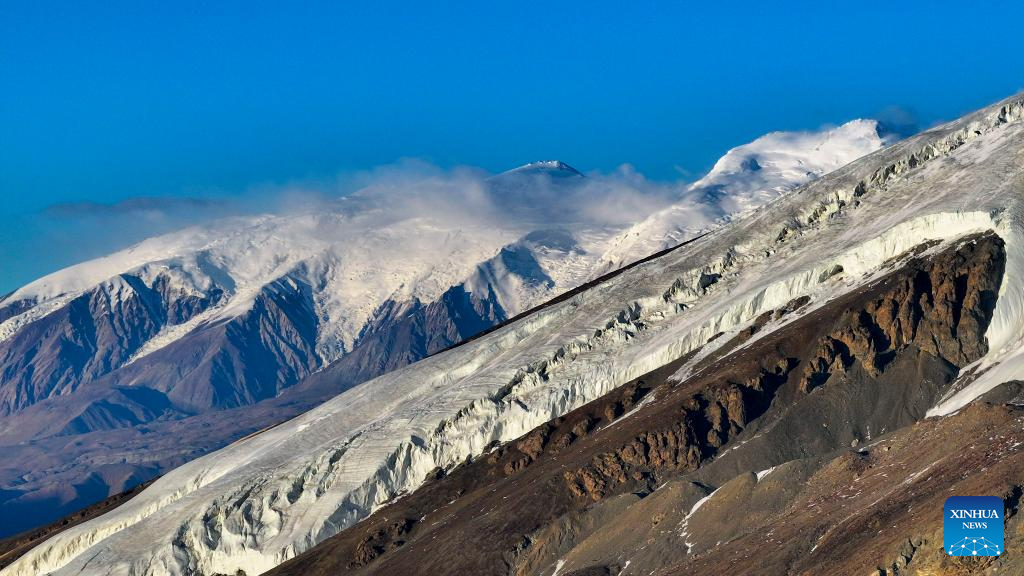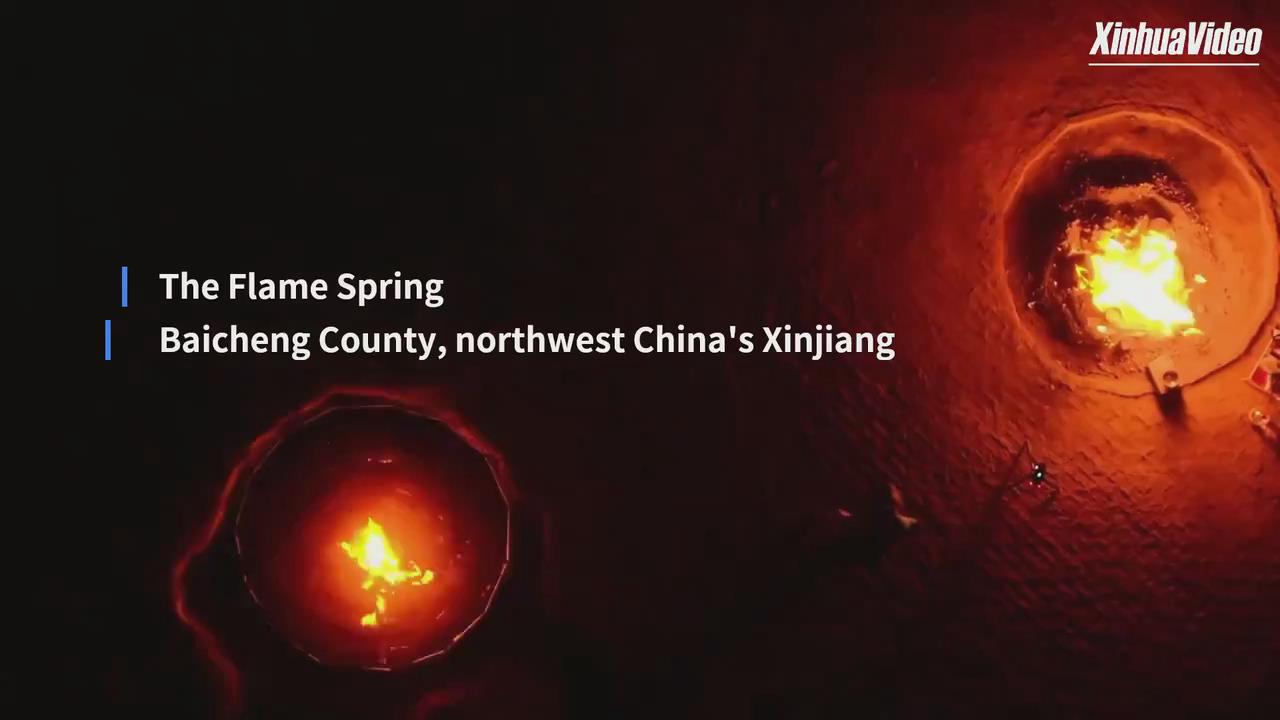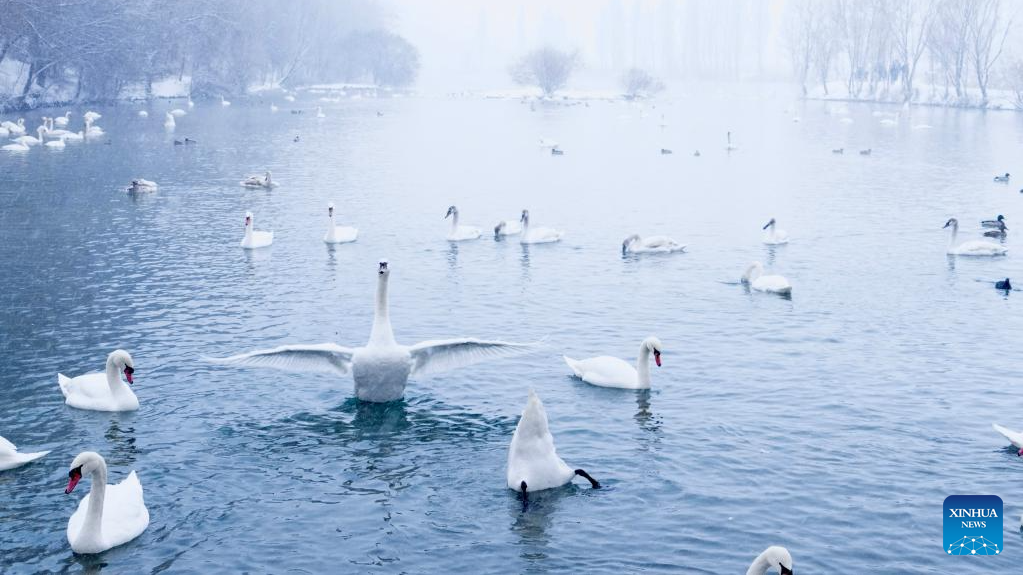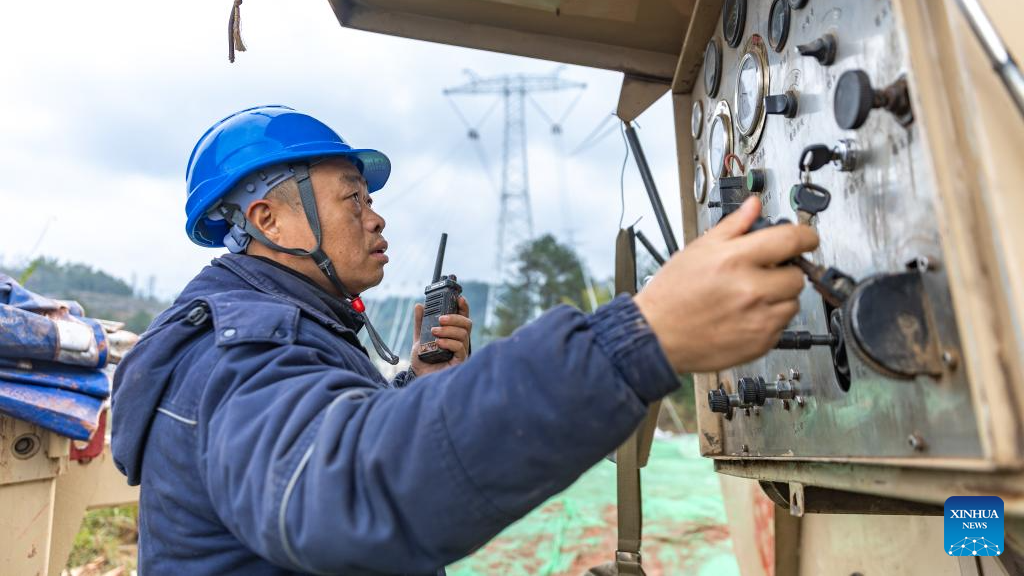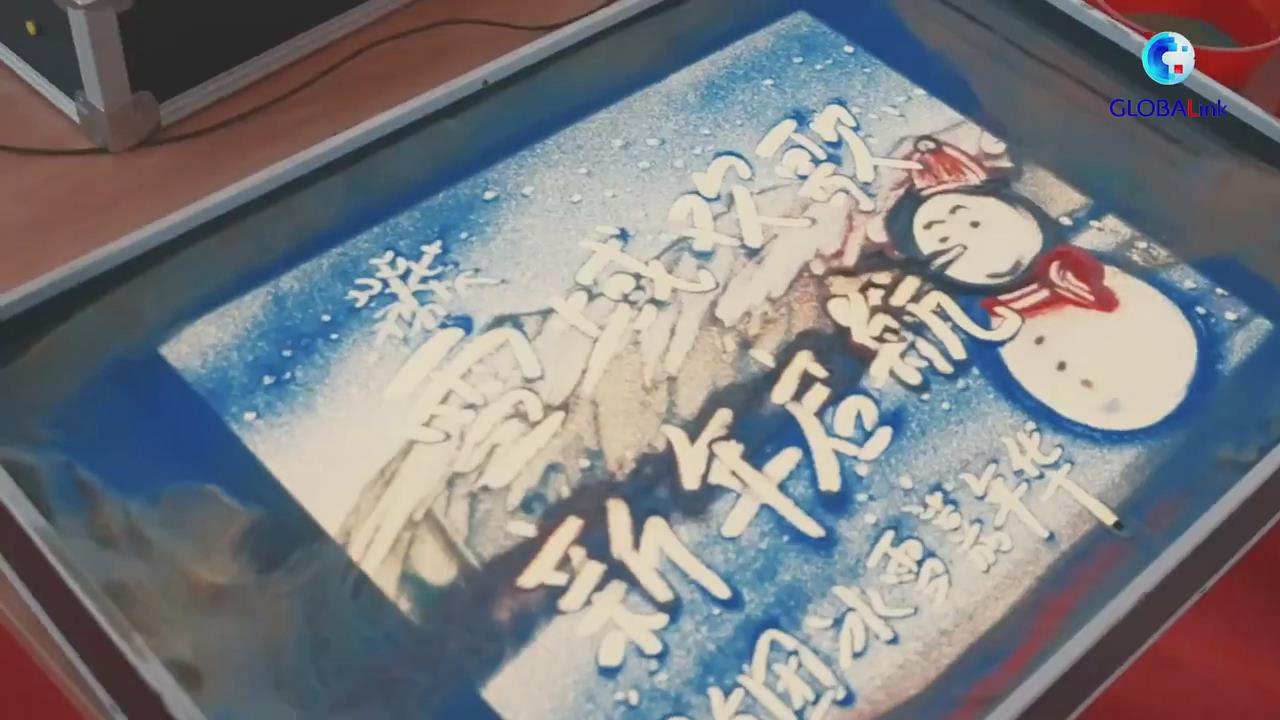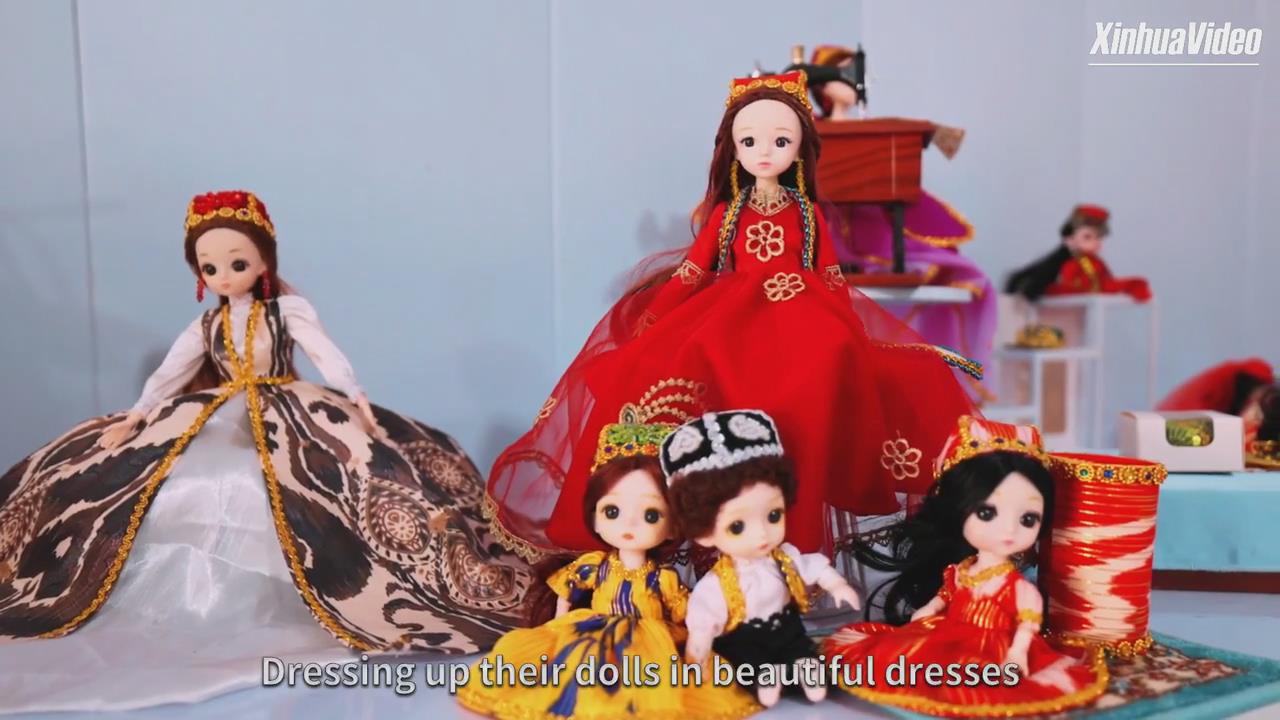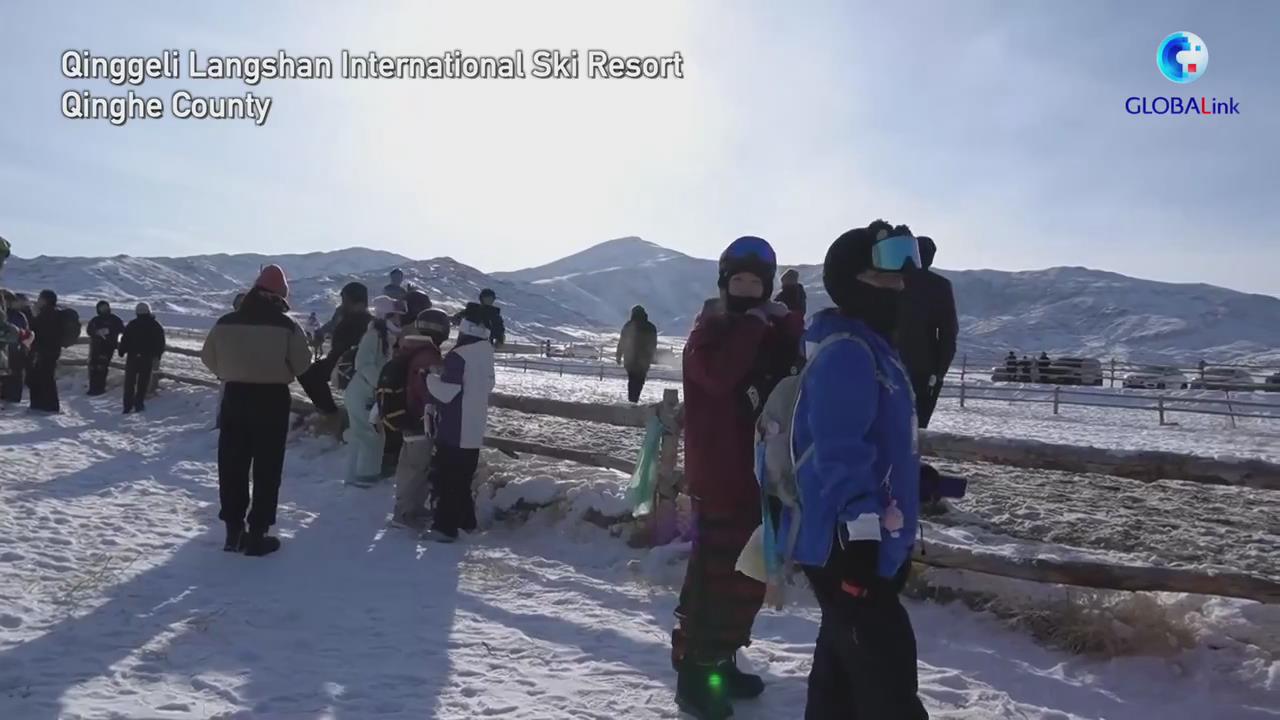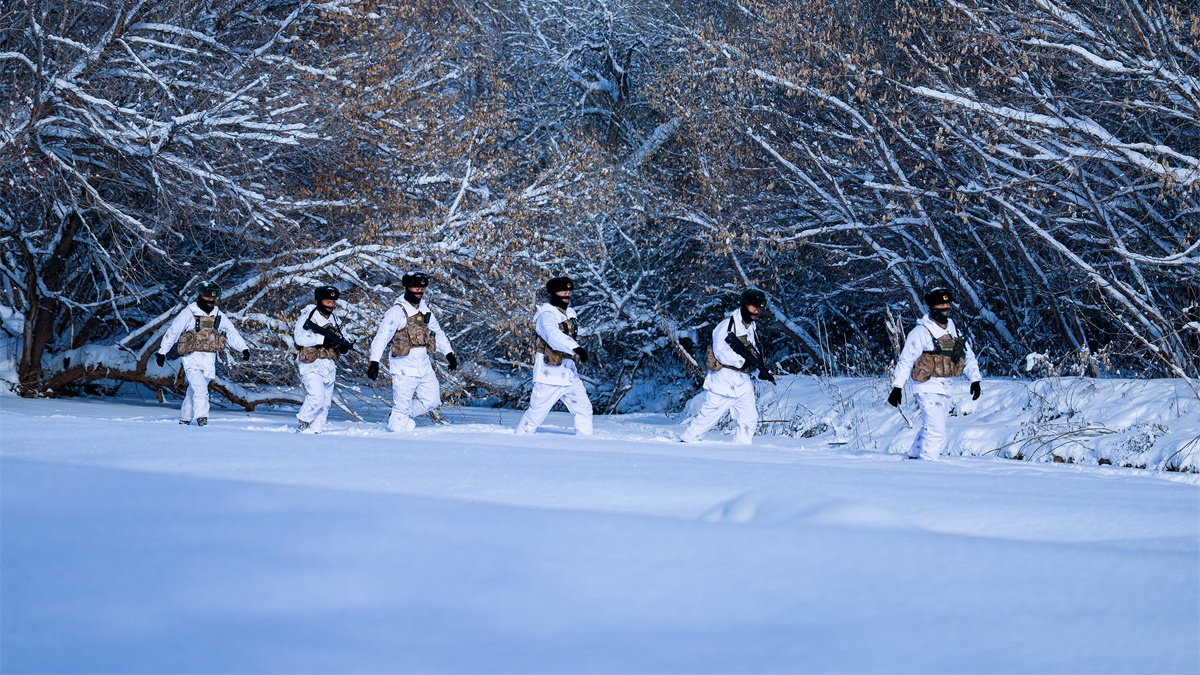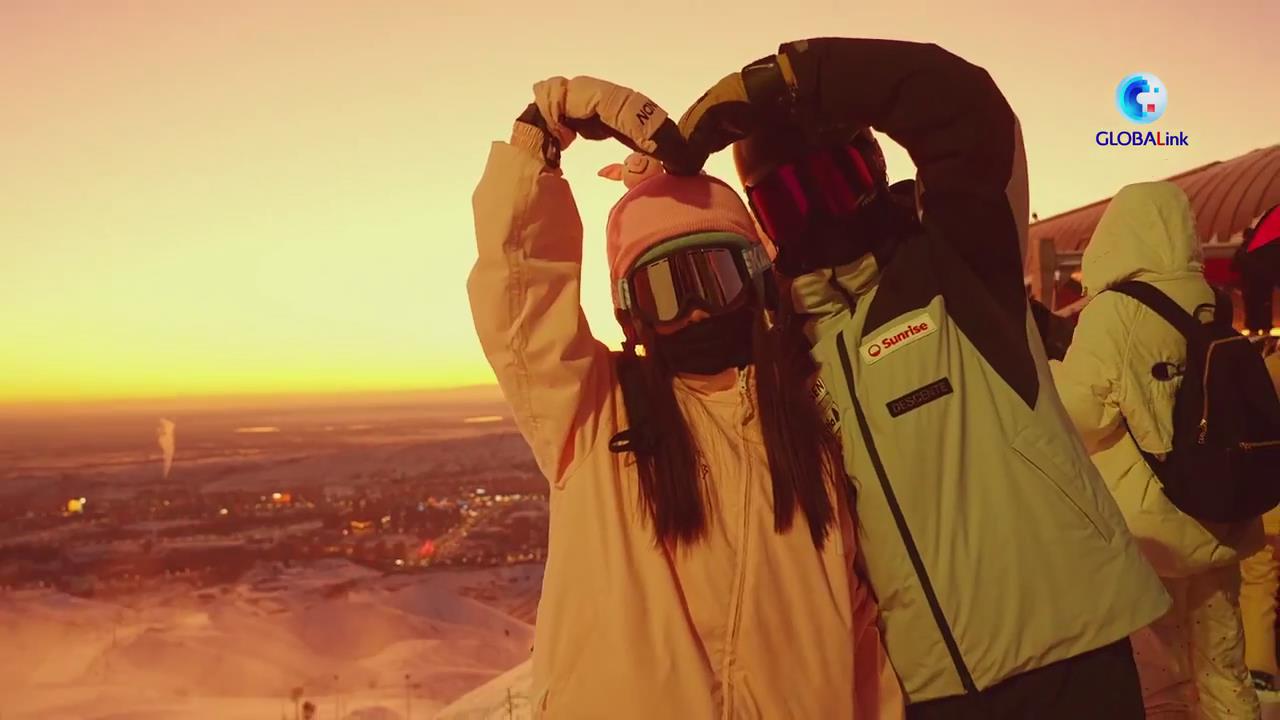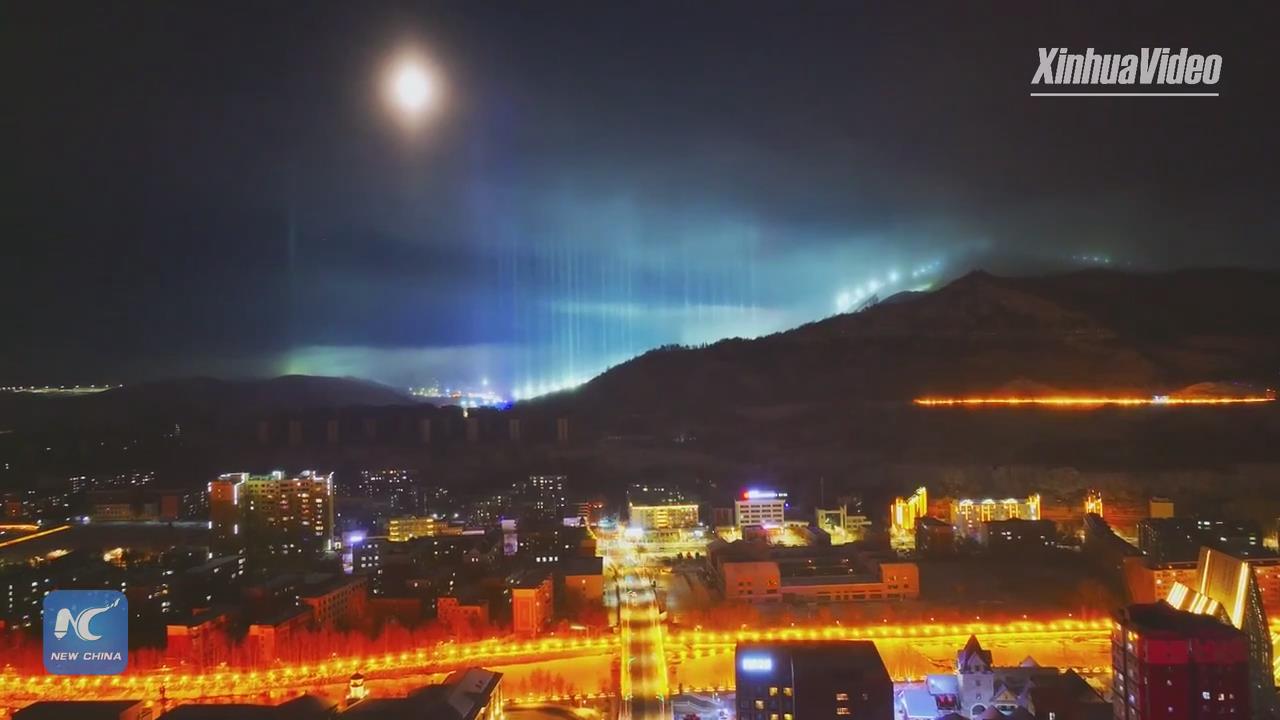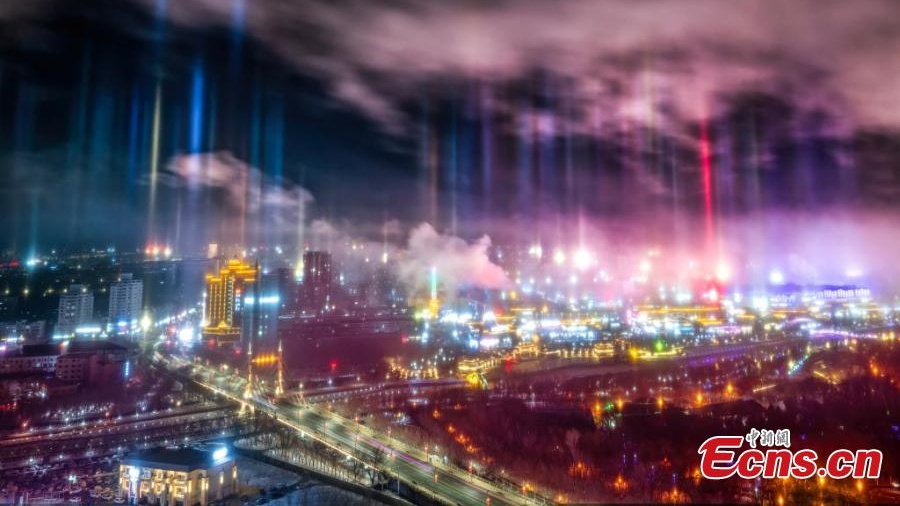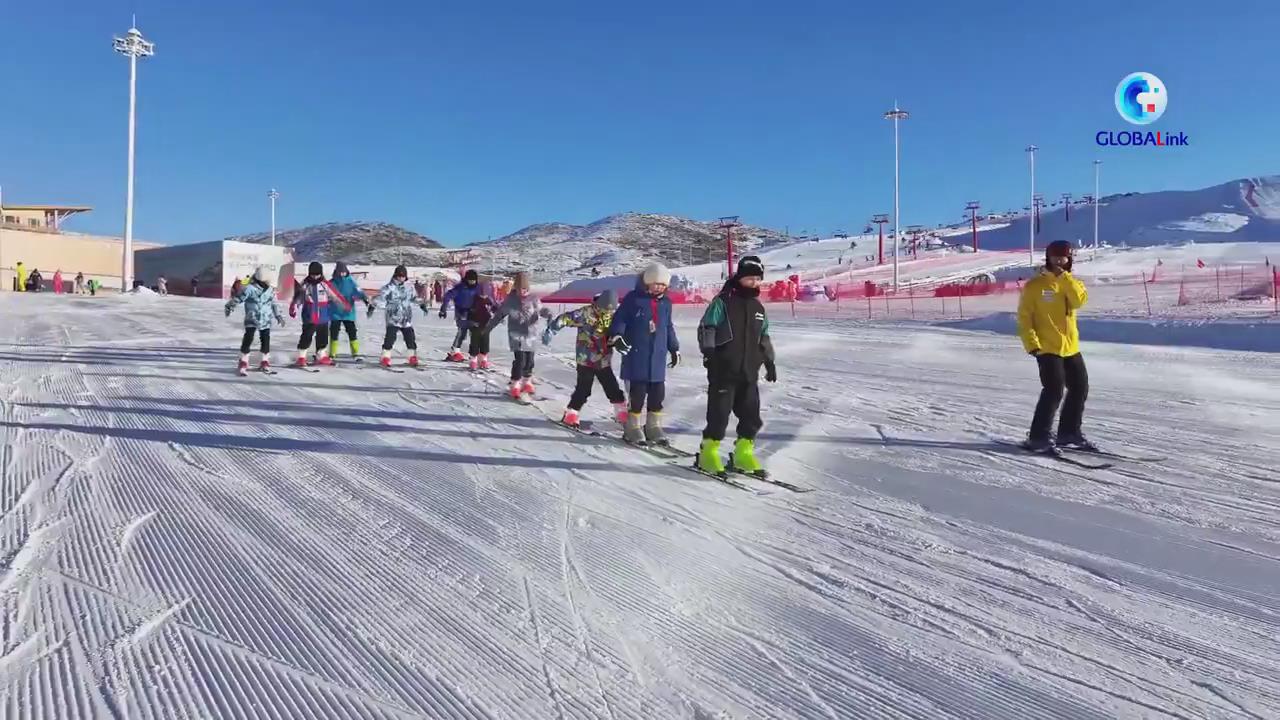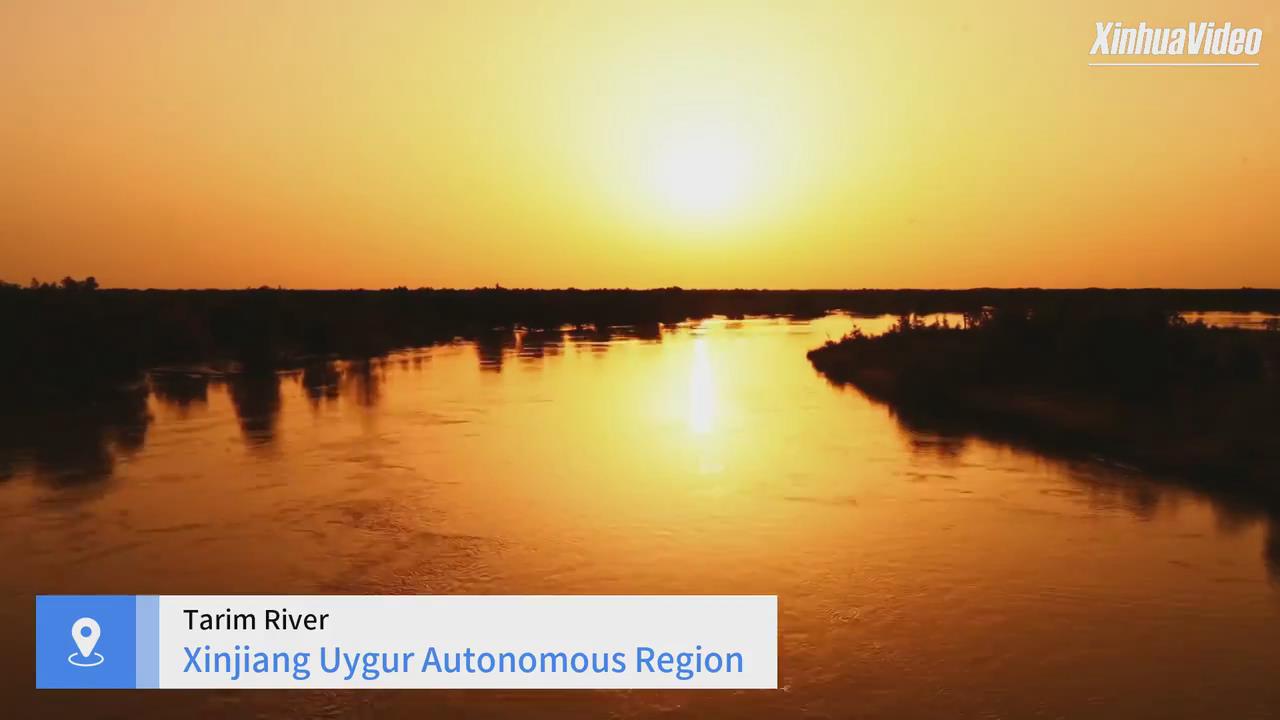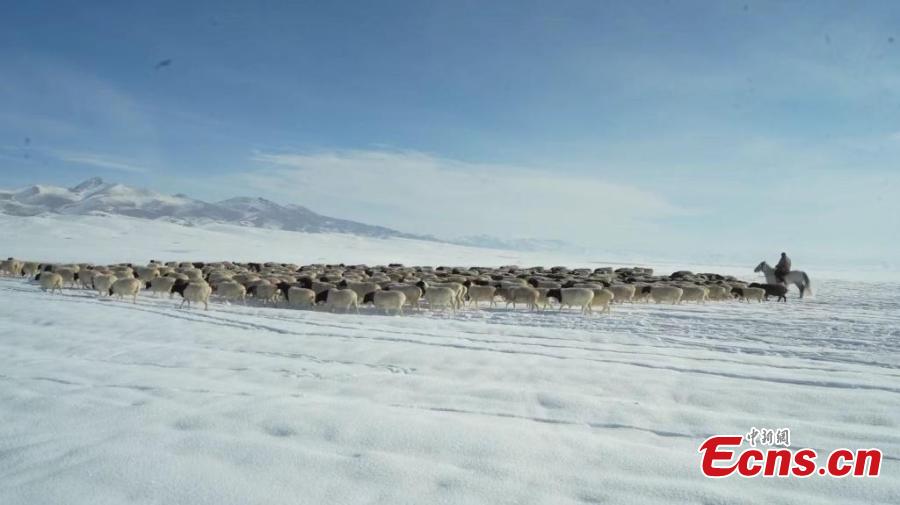URUMQI, July 16 (Xinhua) -- "Manas! Manas! Manas!" A nine-year-old boy's vibrant chants echoed in an indoor stadium located on the Pamir Plateau, drawing applause from the crowd.
Erlan Akbar charmed the audience with his enthusiastic performance at a youth Manaschi competition, which is part of the 10th Manas international cultural tourism festival, held from Saturday to Monday in Kirgiz Autonomous Prefecture of Kizilsu, northwest China's Xinjiang Uygur Autonomous Region.
Manas is a legendary hero in the folklore of Kirgiz ethnic group, while Manaschi refers to folk singers who perform the Manas epic.
"I want to become a hero like Manas!" said Erlan Akbar, adding that he hopes that one day he could become a well-known Manaschi and have more people hear him sing the "Manas" epic.
The epic recounts the saga of the hero Manas and seven generations of his descendants in their relentless struggle against evil forces, embodying the indomitable character and the spirit of unity, perseverance and progress.
"I want to outperform my uncle in skill," said 16-year-old Kerimbek Amantu, who can perform "Manas" fluently in both Kirgiz and Chinese. His uncle, Jangnur Turganbay, is an accomplished epic inheritor.
Inspired by his family, Kerimbek Amantu began learning "Manas" at the age of four. "I hope to take over the baton from my uncle and continue to inherit the epic in both Kirgiz and Chinese."
The "Manas" epic was listed among the first batch of national-level intangible cultural heritages as well as the UNESCO's Representative List of the Intangible Cultural Heritage of Humanity. After decades of work, the complete Chinese translation of the epic was officially published in 2022, allowing more people to learn about it.
"Whenever my mom performs, she always caught people's attention, and I wanted to sing along with her," 11-year-old performer Dilnur Turdi said, adding that "later, I started learning from my mom, following her line by line."
Dubbed the "encyclopedia of Kirgiz people," the "Manas" epic, is a shared cultural heritage adored by numerous ethnic groups in Xinjiang, representing historical coexistence, cultural heritage and ethnic integration.
The "Manas" epic, the "Epic of King Gesar" of the Tibetan ethnic group and the Mongolian ethnic epic "Jangar" are collectively known as China's three great heroic epics.
Dolat Hare, 53, is one of the few female epic inheritors. While watching the young performers with enthusiasm at the event, she said "I'm very happy to see more young people joining in passing down the epic."





.png)
